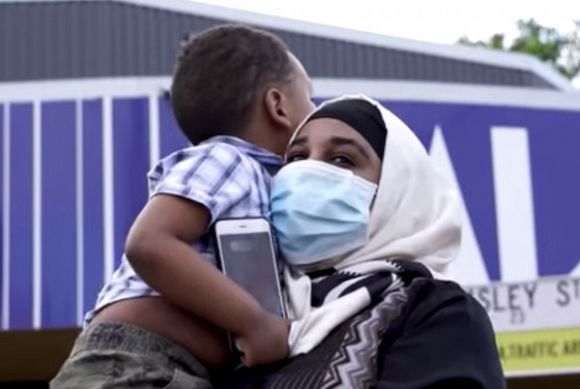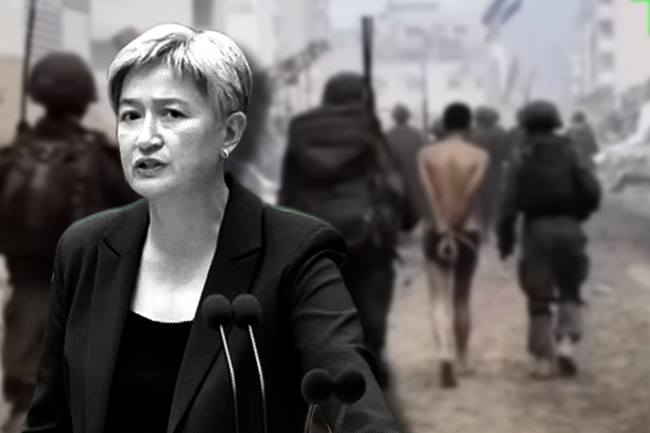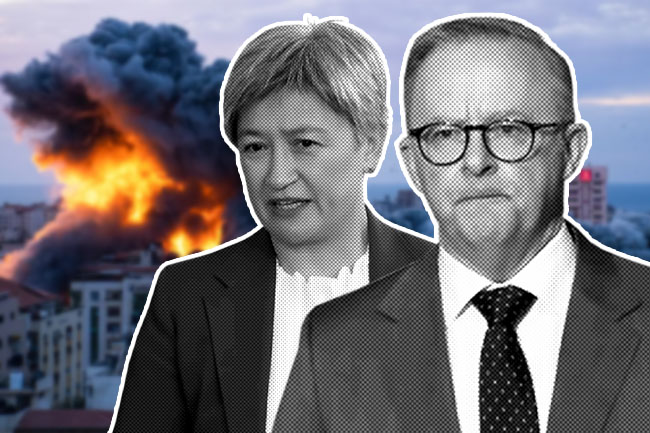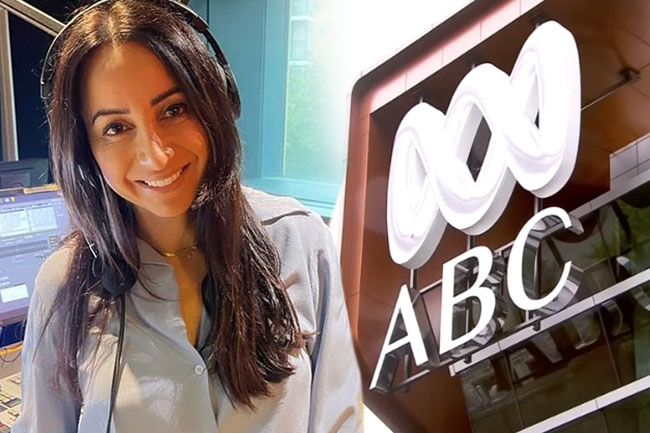Being given an hour’s notice that you are about to be plunged into hard lockdown is a circumstance that would unnerve many of us.
Three thousand people living in nine public housing towers in Melbourne were faced with this challenge on Saturday, 4 July. There are 500 hundred police in place to ensure that no resident leaves their apartment. Victorian Premier Daniel Andrews took these steps in an effort to contain clusters of COVID-19 detected in some, but not all of the towers. The hard lockdown remains in place for at least five days — the time estimated to test all residents.
Residents’ reactions are, unsurprisingly, varied, from cautionary relief that something is being done to address the risk of infection in the towers, to severe distress, anxiety and anger at being "ambushed" into the lockdown by authorities. The strong police presence is disturbing for those who do not have reason to view police as their friends. This is both because they are refugees escaping authoritarian regimes and because the community has historically been heavily and negatively policed.
Members of other Melbourne communities currently subject to stay at home orders are permitted to leave their homes to shop, attend medical appointments, work and exercise. These residents were also given 48 hours notice of the imminent restrictions — time for them to stock up and prepare themselves. Tower residents in affected suburbs are under detention directions that permit none of these activities and were given only one hour’s notice.
The situation is fraught and ripe for claims of racism and discrimination that at first blush are difficult to deny, given the contrast between more lenient stay at home orders and draconian detention directions. The latter directions are rationalised by the risk posed by shared confined spaces specific to the tower blocks, such as lifts and laundries. However, it isn’t difficult to understand how different standards applied to different communities can be perceived as discriminatory and racist.
It will be interesting to see how the Andrews Government reacts if high-rise apartment blocks in middle-class and wealthy suburbs become infection sites. Will there be detention directions and armed police?
At the same time, people returning to Australia from overseas are quarantined in hotels for 14 days and subjected to similar restrictions, unable to leave their rooms for any reason. These returning travellers are not, in general, perceived as a vulnerable population — unlike the tower block residents, many of who manage illness, mental health issues, poverty and long-standing trauma as a consequence of experiences in countries they fled.
It’s worth remembering that quarantined travellers did not always adjust well to their confinement, despite their relative privilege. Being forcibly confined, even when it is for the greater good, is not a pleasant experience for anyone, but it is likely ameliorated by the knowledge that you have a safe, comfortable home waiting for you at the end of it.
Nobody should be forced to live in the tower blocks. They are not safe, comfortable environments, though within their apartments many people undoubtedly do their best to create a sanctuary for themselves and their families. The units are small and have no balconies. Residents say it is impossible to social distance in narrow corridors, lifts and cramped shared facilities. The towers are appalling housing options and, as we are now witnessing, offer ideal conditions for infection to spread. None of this is the fault of the residents. It is the fault of generations of governments that have neglected to provide adequate public housing.
Residents of the towers are now enduring a double whammy. They are locked down in environments that present the most danger: their homes. They do not have the luxury of anticipating release after lockdown into safer, healthier environments. The towers are the only homes they have.
The optics of the Andrews Government’s hard lockdown could not be worse. On the face of it, they appear discriminatory and racist. The Government is using armed police to enforce the incarceration of a vulnerable population, in an area with a history of fraught relations with and deep mistrust of police authority. People are reporting a lack of adequate food, nappies, baby formula, sanitary products and medicines. Some residents claim they have been told the lockdown will be in place for 14 days — not five. English is not the first language for many tower residents, but the Government did not organise translators to explain the lockdown to everyone.
">
At the very least, no government should lockdown a community of 3,000 people without first ensuring they have adequate food and other necessities. While acknowledging the need to move swiftly and strongly to curtail the spread of COVID-19 infections, there still needs to be sensitivity towards and regard for the people who are themselves at risk of infection, in addition to their prior vulnerabilities.
The Victorian Council of Social Service issued this statement indicating that while they support the lockdown, it needs to be done with sensitivity and proportionately, to avoid causing further difficulties for everyone involved. Unfortunately, authoritarian methods of containment are the default for governments of both persuasions. There appears to have been negative assumptions made about the reliability and trustworthiness of tower block residents to observe infection controls, based on nothing more than their status as tower block residents. Otherwise, they could surely have been given enough warning to ensure they had, as much as possible, what they needed before they were locked down.
Hopefully, governments will learn from these experiences – and they will need to – because lockdowns and stay at home orders will likely be with us for some time yet. So, unfortunately, is inadequate public housing that provides ideal conditions for infection.
Governments would do well to consider that we are dependent on one another for health safety – no matter what our circumstances – and abandoning the poor and vulnerable to unhealthy environments means putting everyone at risk.
If governments can’t bring themselves to care about the poor and vulnerable in and of themselves, perhaps they could be encouraged to consider the wellbeing of those they do value and how, in a time of pandemic, our interests are inseparable.
Dr Jennifer Wilson is an IA columnist, a psychotherapist and academic. You can follow her on Twitter @NoPlaceForSheep.
Related Articles
- Branch stacking rife across all political parties
- Patchy COVID-19 testing may underestimate cases in Australia
- Position vacant: Helping the opposition take on Daniel Andrews
- The Victorian Government needs to reconsider its duck hunting policy
- Brush-tailed rock wallaby on the brink of extinction
 This work is licensed under a Creative Commons Attribution-NonCommercial-NoDerivs 3.0 Australia License
This work is licensed under a Creative Commons Attribution-NonCommercial-NoDerivs 3.0 Australia License
Support independent journalism Subscribe to IA.













